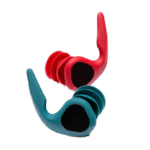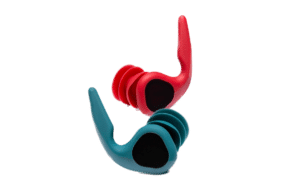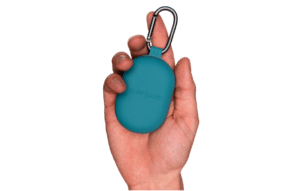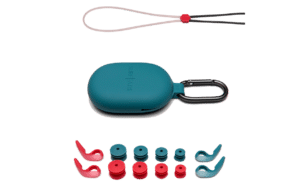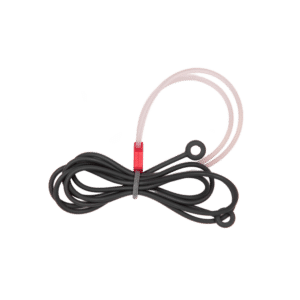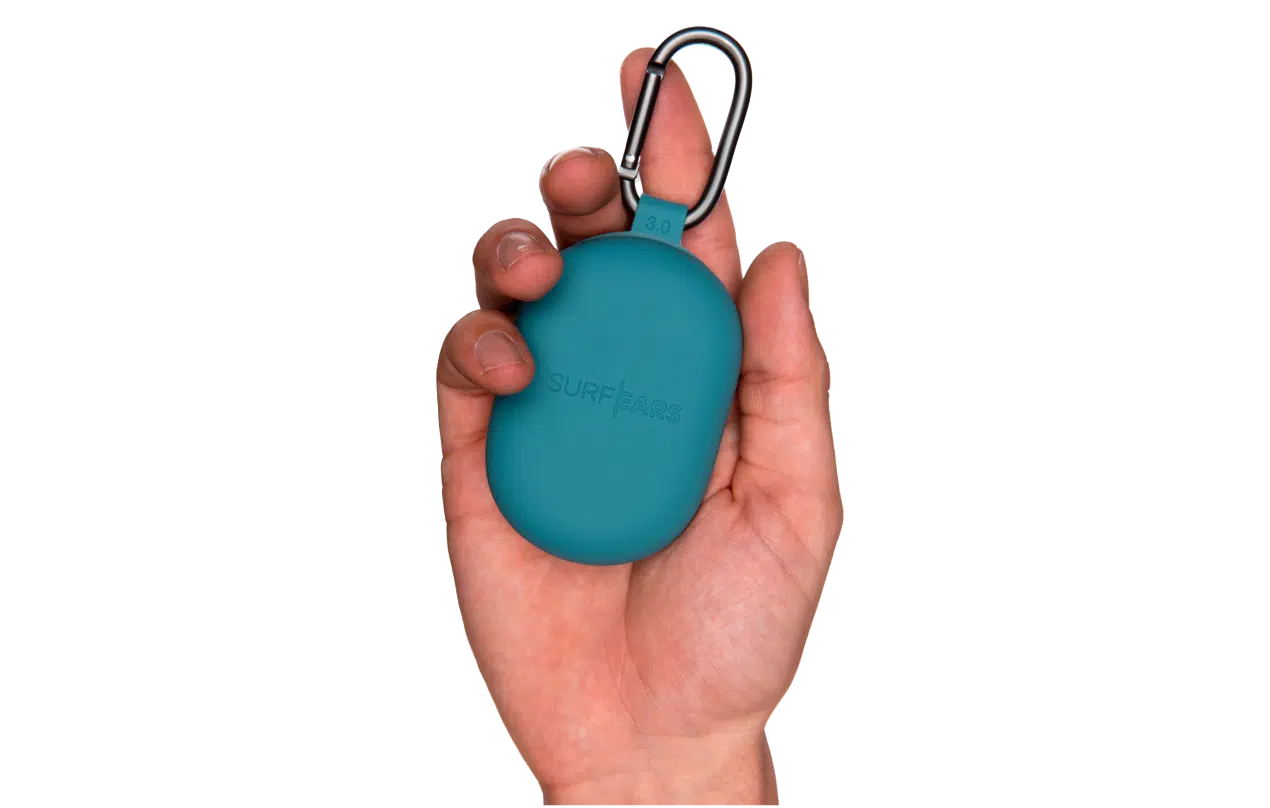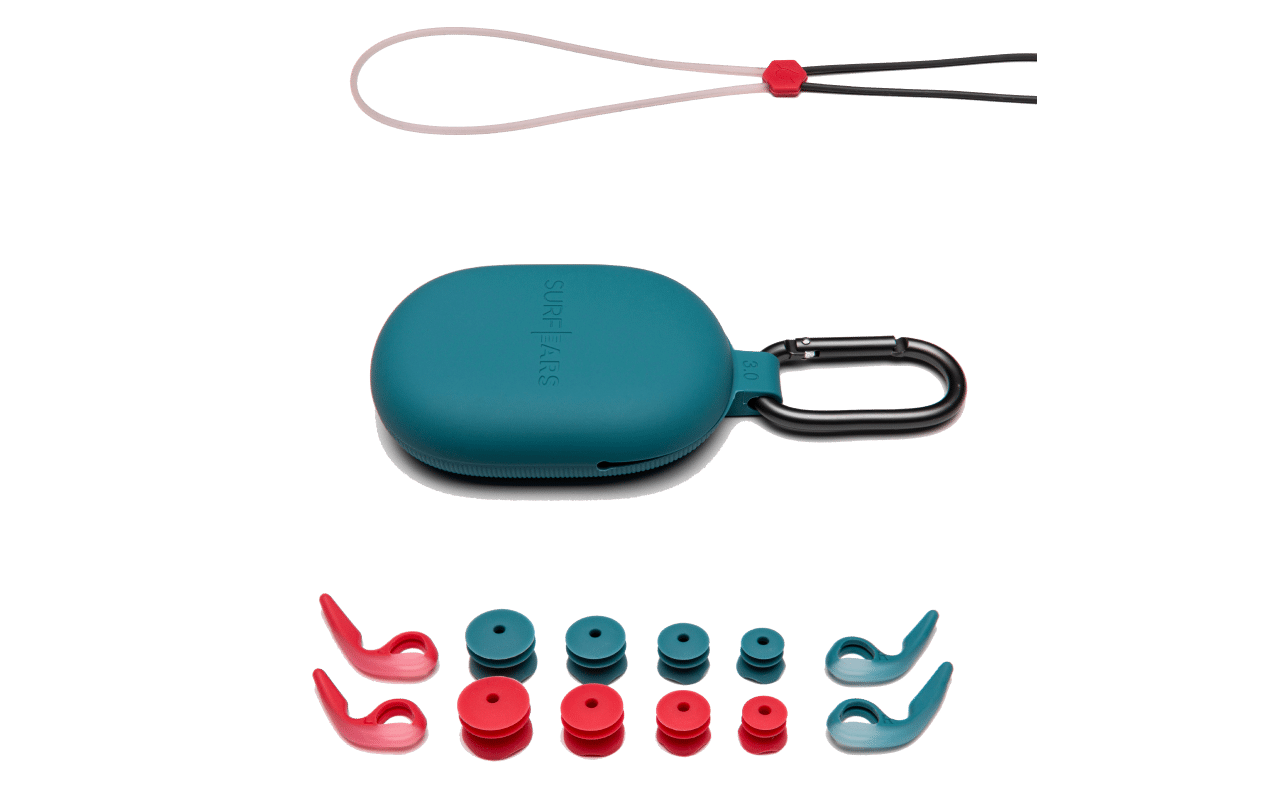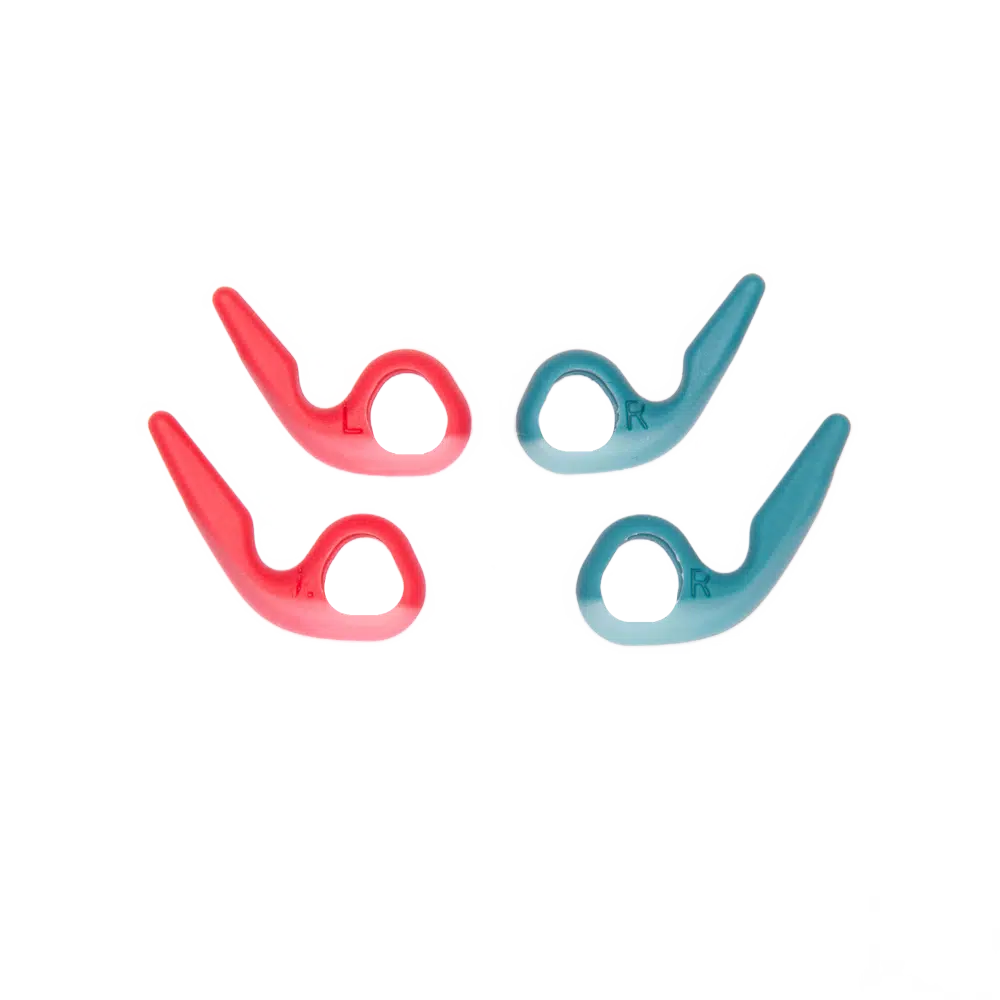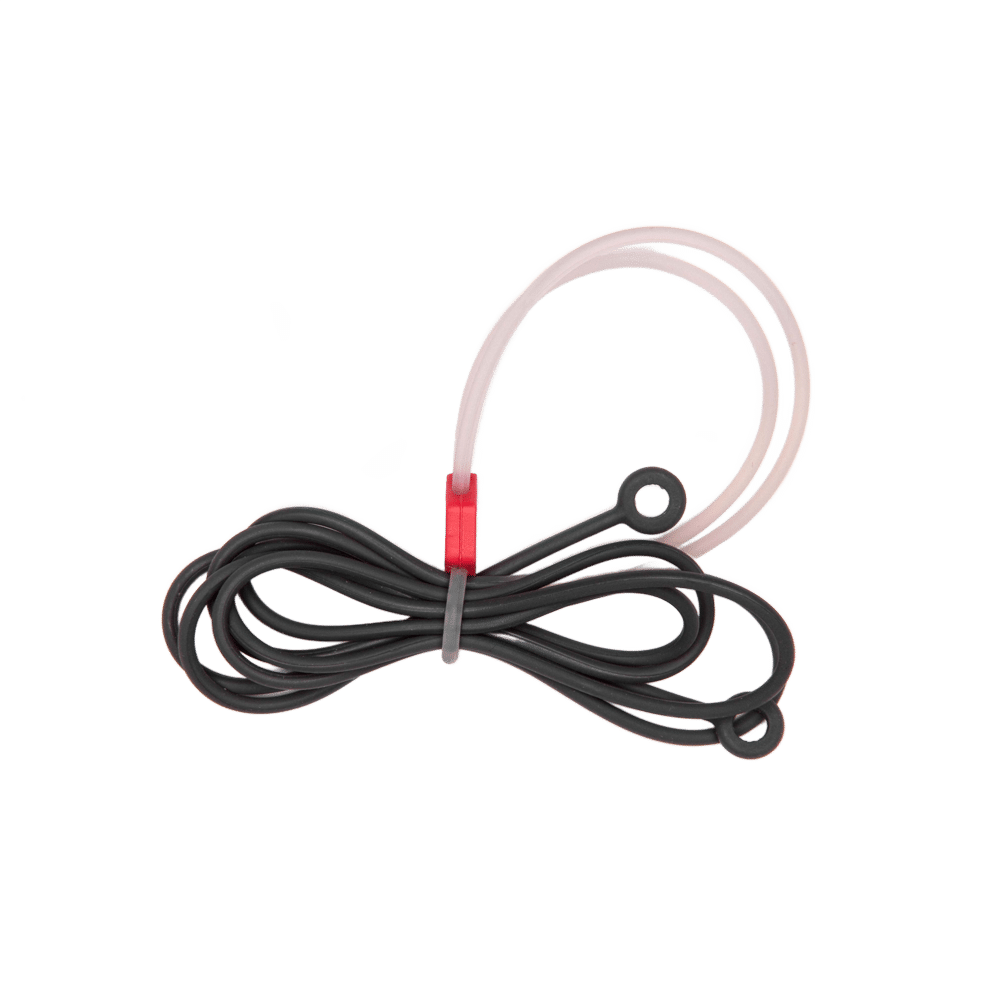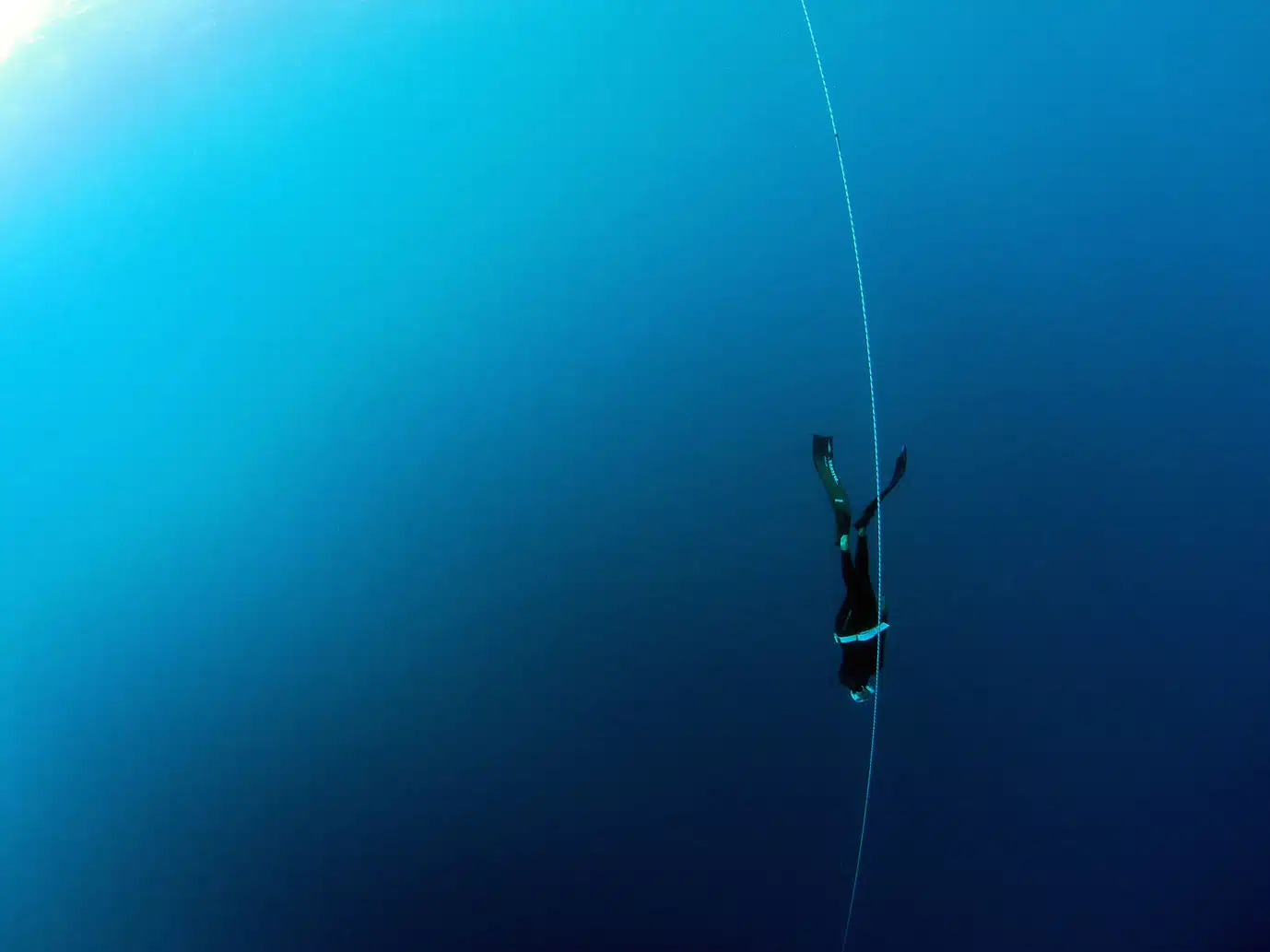Diving is a journey into the marine world’s heart, where every detail, from the vibrant coral landscapes to the gentle marine creatures, mesmerizes. As divers delve into this realm, their gear plays an instrumental role in defining the experience. Among these essentials, diving ear plugs stand paramount, and SurfEars leads the pack with its exceptional features.
Protection against water intrusion is a given with SurfEars, safeguarding divers from potential ear infections. But SurfEars has another distinctive advantage. When it comes to the process of equalization, SurfEars shines. Equalization, essential for divers, is the act of balancing the pressure inside the ears as one changes depth underwater. Proper equalization is key to avoiding discomfort and potential ear injuries. While divers always need to actively equalize, SurfEars’ design makes the process more straightforward, reducing the common challenges faced with other ear plugs and facilitating a more intuitive equalizing experience.
Beyond protection and aiding equalization, the acoustic quality of SurfEars stands out. The depths of the ocean come alive with sounds, from the muffled calls of marine inhabitants to crucial communications with fellow divers. SurfEars ensures that while you’re shielded from water intrusion, these essential sounds remain vivid and clear.
Comfort, as any diver knows, is crucial. Designed for extended underwater adventures, SurfEars offers a snug, irritation-free fit.
In conclusion, when diving ear plugs are on your list, SurfEars emerges as the go-to choice, offering protection, aiding in easier equalization, ensuring auditory clarity, and delivering unmatched comfort. Dive with SurfEars and experience the ocean’s depths with confidence and clarity.
